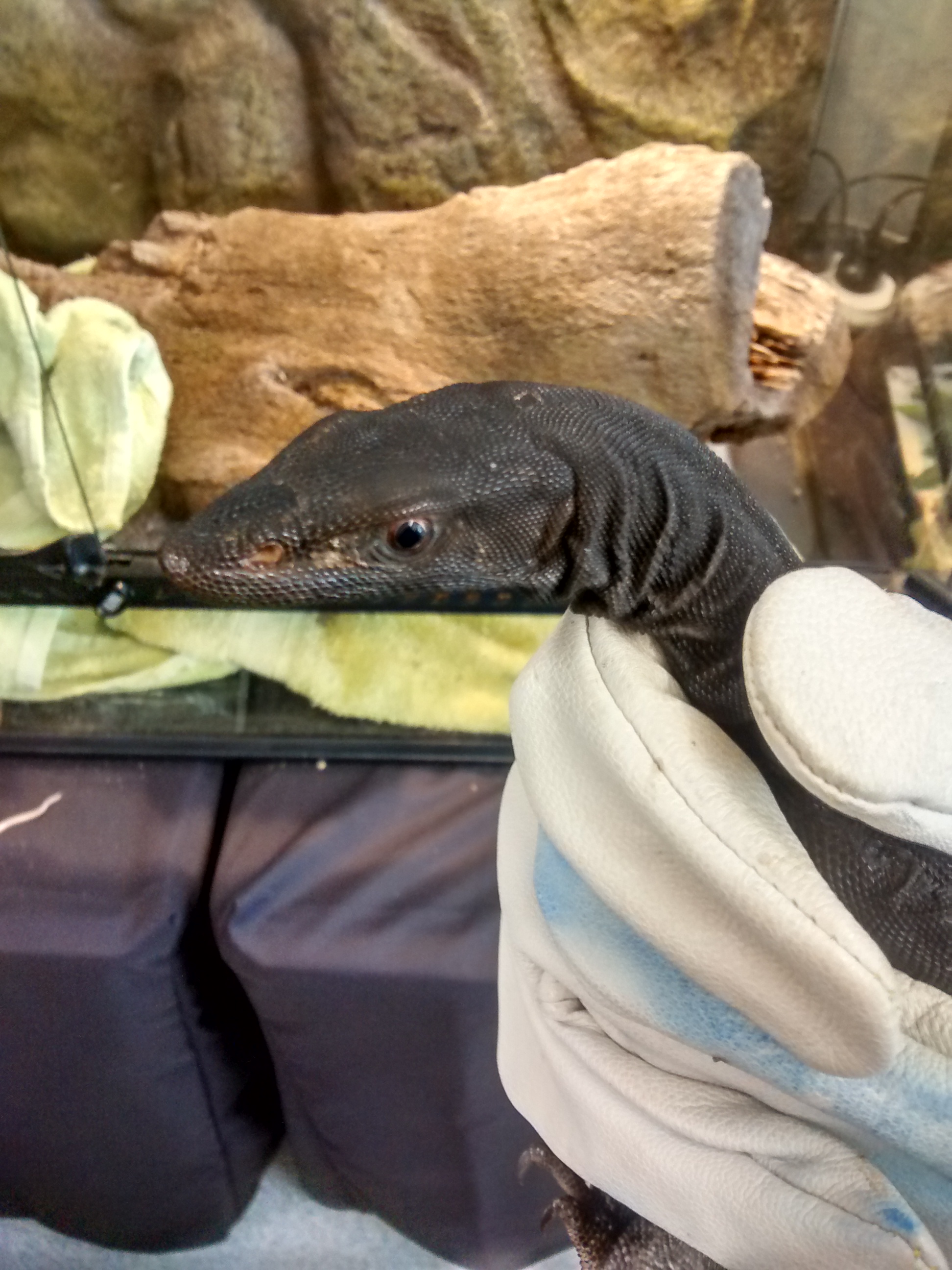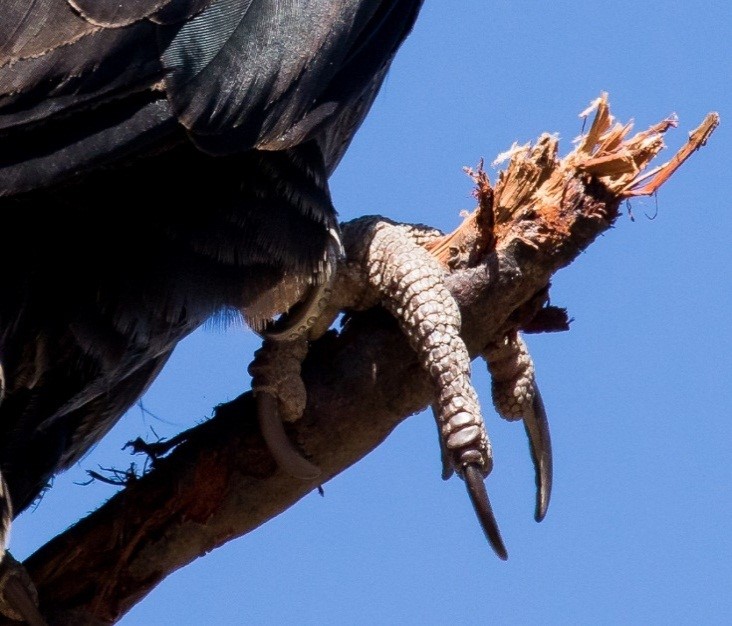BE PREPARED
Donate Now!BE PREPARED
Important Information
Do not feed or water the animal
Stress can kill
Be aware of the weather
Do not carry the animal on your lap in the car
Always wash your hands!

Your safety and welfare is paramount
Always make sure it is safe before attempting to rescue a native animal. Look out for sharp claws, beaks, and teeth – wild animals will often seek to defend themselves. We recommend wearing gloves and eye protection (sunglasses). Always try to work with another person when rescuing native animals.
Make sure the animal you are helping actually needs help

Young birds often appear to be orphaned, but may just be waiting for a parent to return from foraging. For more information about baby birds, we recommend you read the advice on our Baby bird page.
If you find a lizard, like a bobtail in your backyard and it is not in any immediate danger, we recommend you leave it alone. Bobtails are territorial and mate for life, and moving them away from their environment unnecessarily has consequences.
If you find ducks crossing the road, it is always safest to stand away from the road and observe them as they cross. The only people with the authority to obstruct or manage traffic are the Police and Main Roads, you should never put yourself in danger by walking into traffic to help an injured animal. Again, your safety and welfare are paramount.
Your safety and welfare is paramount
Always make sure it is safe before attempting to rescue a native animal. Look out for sharp claws, beaks, and teeth – wild animals will often seek to defend themselves. We recommend wearing gloves and eye protection (sunglasses). Always try to work with another person when rescuing native animals.

Make sure the animal you are helping actually needs help
Young birds often appear to be orphaned, but may just be waiting for a parent to return from foraging. For more information about baby birds, we recommend you read the advice on our Baby bird page.
If you find a lizard, like a bobtail (otherwise known as shingleback or blue-tongue) in your backyard and it is not in any immediate danger, we recommend you leave it alone. Bobtails are territorial and mate for life, and moving them away from their environment unnecessarily has unknown consequences.
If you find ducks crossing the road, it is always safest to stand away from the road and observe them as they cross. The only people with the authority to obstruct or manage traffic are the police, and you should never put yourself in danger by walking into traffic to help an injured animal. Again, your safety and welfare are paramount.
